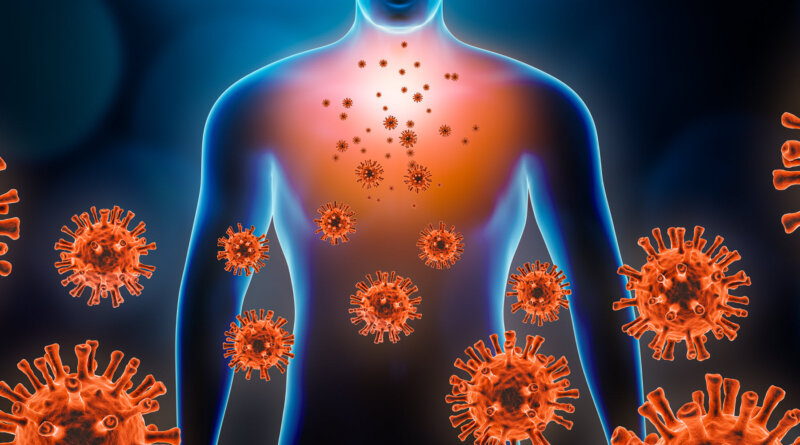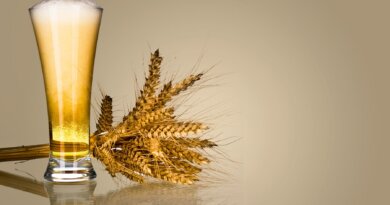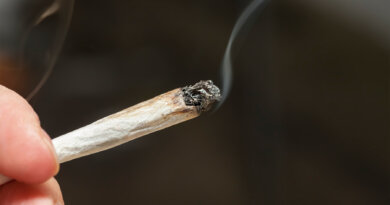From Public to Personal: Pandemic Lessons Learned
Dec. 23, 2020 — What are the most critical lessons of the coronavirus crisis?
WebMD asked health experts on the front lines of the nation’s COVID-19 response effort to weigh in on this question and to reflect on how the crisis has affected them personally.
Their answers provide insights into the pandemic’s impact. Almost all of them have worked long hours. Some lost loved ones. Others went through life-changing milestones.
Here’s what they had to say.
Francis Collins, MD, director of the National Institutes of Health
Biggest lesson: “It has taught us that we can bring scientists together from all sectors in new and creative collaborative arrangements and get things done a lot faster than people might have thought possible before this came about.”
Personal impacts: “I have been probably working 90 to 100 hours a week since March to try to spearhead all of the components of this that NIH can bring to the table, in diagnostics and therapeutics and vaccines. And I’ve been doing almost all of that from my rather cramped home office about 4 miles from NIH in order to try the model of keeping safe by teleworking.
“Yeah, I’ve turned into a hermit, and not by choice! And that has included all kinds of social occasions I would normally enjoy, passing up family gatherings that would have happened for summer vacations, or Thanksgiving, or pretty soon for Christmas. So, yeah, it has transformed my life experience.
“But I’m not complaining. It is also a great opportunity to be able to bring the full power of science to bear on a crisis that we have not really seen anything like for 100 years. So I’m glad to be able to be part of that.”
Leana Wen, MD, emergency medicine physician doctor and a visiting professor at George Washington University Milken Institute School of Public Health
Biggest lesson: “The pandemic unveiled many underlying issues that we’ve long known existed, specifically health disparities and the ongoing disinvestment in our public health systems. There must be urgent actions taken to address these challenges, as well as ongoing commitment to address them long-term so that the lessons learned are not forgotten.”
Personal impacts: “All my work has shifted to focusing on coronavirus. It is the public health catastrophe of our generation. I also gave birth during the pandemic. My daughter is now 8 months old. She has yet to meet her grandparents, but we are hopeful this will occur in 2021!”
William Schaffner, MD, professor of infectious diseases at Vanderbilt University School of Medicine
Biggest lesson: “I think it has taught us that in response to a pandemic, you need a science- and public health-based response that needs to be communicated very clearly at the national level. And we have not had that from the beginning.”
Personal impacts: “It’s taken over my professional life, and it has obviously affected me personally. My wife and I are being very, very careful. We’re sheltering at home, and we did not have our usual Thanksgiving repast with all the family. And we are planning to have an exceedingly modest Christmas. My wife, and this is a stunning statement, has told me that since the family is not gathering at our house, we may not even have a tree.”
Gideon Meyerowitz-Katz, an epidemiologist with the University of Wollongong in Australia
Biggest lesson: “Perhaps the biggest one for me is that public health is all about preparedness. By the time we reacted, it was often already too late. And while many of our other biggest health challenges are very different to COVID-19 — diabetes, heart disease, etc. — the same principle holds true.”
Personal impacts: “Two distant cousins of mine died in New York City and Mexico earlier this year from COVID-19. Closer to home, the lockdown in Australia caused my wife to lose much of her casual employment and a close family member to lose their job entirely. I’ve also spent pretty much all of my free time since March studying COVID-19 and its impact, which has been exhausting.”
Juanita Mora, MD, allergist and national spokesperson on minority health issues for the American Lung Association
Biggest lesson: “2020 and the COVID-19 pandemic have magnified the health disparities that were already underlying in communities of color in the United States. The COVID-19 pandemic has unveiled the communities of color as the ‘Unsung Heroes of this Pandemic’ and also as the most hard-hit populations with disease burden.”
Personal impacts: “This pandemic has allowed me as a physician, a first-generation Mexican American from a humble home and volunteer national spokesperson for the American Lung Association, to champion and advocate for the Latino community. The COVID-19 pandemic has allowed me to be a voice of science and knowledge to help this community navigate this pandemic through local and national media.”
Reed Tuckson, MD, former commissioner of public health for Washington, DC, and co-founder of the Black Coalition Against COVID
Biggest lesson: “I think that we have learned a very tragic lesson … about the relationship between individual
rights and freedoms versus the ability of an individual to harm or kill another person because of reckless action and misbehavior. It is no longer a given that in America, we are all in it together. There’s no longer the assumption that individuals will care more about the welfare of others than they care about their own…This is an extraordinarily painful lesson to have learned.”
Personal impacts: “It has reminded me in a very dramatic way of the oath that I took when I became a physician. … I have completely transformed my life into a total obsession with working in every way that I personally can, using my skills and my expertise as a physician to try to fight this pandemic.”
Shelly Miller, PhD, environmental engineer at the University of Colorado-Boulder and an expert on airborne disease transmission
Biggest lesson: “A big lesson of 2020 is that indoor air quality matters and that we should pay more attention to what pollutes our shared indoor air to improve our health and well-being.”
Personal impacts: “As one of the few experts on engineering controls for airborne infectious disease transmission indoors, I have felt a personal responsibility to understand how transmission happens and how can we reduce exposure to the virus using engineering principles and control strategies, and as a result I have been spending most of my time on research related to the pandemic and on service to the community through science communication.”
Kelly Goebel, DNP, acute care nurse practitioner in the critical care unit, and director of Florida Gulf Coast University’s Nursing Program
Biggest lesson: “We need to be better prepared for the future. We have learned how to work through the social isolation that our patients and families are experiencing, finding novel ways to communicate via the use of iPads, FaceTime, etc. The use of telemedicine has greatly improved our ability to continue a provider relationship with our patients.
“We have learned how to embrace environments that are perpetually changing and to become adaptable in response to an ever-changing body of evidence.
“Finally, I believe that we have connected differently since the pandemic; perhaps our priorities have shifted and we value things we didn’t prior to COVID.”
Personal impacts: “The amount of isolation that we’ve had as a society has been difficult to experience. It’s been a culture shock; however, things like wearing a mask and social distancing are for the greater good. I think as a nurse practitioner working with COVID patients in the critical care unit, it has been difficult to hear that people in the community do not support expert recommendations.”
Linsey Marr, PhD, Virginia Tech aerosol scientist specializing in the airborne transmission of viruses
Biggest lesson: “COVID-19 has clarified our understanding of transmission of viruses by aerosols. Because of the significance of asymptomatic or pre-symptomatic transmission with COVID-19, it became clear that breathing and talking, not just coughing, generate aerosols and that these can transmit the virus. We realized that aerosols are important at short range in close-contact situations, not just at long distance. There were a few of us who knew this before, but COVID-19 drastically accelerated the permeation of this knowledge into the broader scientific and medical communities.”
Personal impacts: “Prior to the pandemic, I was one of a small number of scientists who studied viruses in the air, a topic that somehow fell through the cracks because it didn’t fit neatly into medicine, virology, aerosol science, or engineering. It was an abrupt change when my research shot from obscurity into the limelight. I have given over 300 interviews since March. At the same time my workload was increasing, I was struggling to manage school-age kids at home all hours of the day.”
Arthur H. Brand, PhD, licensed psychologist, Brand & Kelton-Brand, Boca Raton, FL
Biggest lesson: “I think it has taught us how quickly we are capable of adapting to changes. Within months of the pandemic, many people adjusted to living their lives differently — how they worked, how they educated, how they interacted with others, how they spent their time, and how they lived their lives.”
Personal impacts: “The world — people, places, activities — with which I interact has become much smaller, but I have been much more grateful and appreciative about things and have become more charitable.”
Tom Frieden, MD, former CDC director, and president and CEO of Resolve to Save Lives
Biggest lesson: “How unprepared we are for a global pandemic at local, federal, and global levels. And how vitally important clear, timely, and transparent communication is when fighting a pandemic.”
Personal impacts: “I’ve been working from home and doing much of my work remotely, and I’m unable to travel for work to work with our global programs and work in our office with our staff!”



